South Sudan
South Sudan’s Ministry of General Education and Instruction (MOGEI) has announced the phasing-out of the foreign education curricula in schools replacing it with the country’s national education curriculum.
Since the country won independence from Sudan in 2011, it has been using both the Sudan, Uganda, Kenya and Ethiopia education curricula respectively.
The decision is in line with the General Education Act, 2012 Chapter IV, Article 12 © which states that the Ministry shall establish a unified secular curriculum for public and private schools.
The change is also part of a resolution taken by the South Sudan examination council -a body that manages and regulates exams in the country. In its meeting on February 2013, it set 2015 as its deadline for adopting the national curriculum.
The ministry said the international schools are exempted from this.
Schooling has been affected by the more than two years conflict that damaged some schools in the Upper Nile, Jonglei and Unity states.
Addressing the press in Juba on Thursday, the newly appointed Minister for General Education and Instruction Deng Deng Hoc, announced that his ministry has made tremendous efforts in phasing out the foreign education curricula of its neighbouring countries.
He said the new curriculum is best-suited to meet the needs and aspiration of the people of South Sudan, and for that reason, it is better than foreign education curricula.
“The curriculum of Sudan was designed specifically for the needs of the people of Sudan; the national curriculum of Uganda was designed specifically to meet the needs and aspiration of the people of Uganda; the same with the national curriculum of Kenya, so for that matter, the curriculum of South Sudan is the curriculum that is stalemate; it is designed specifically to meet the needs and aspiration of the people of South Sudan and for that reason, it is much better than other national curriculum,” Deng told journalists.
Deng emphasized that this was a gradual process that begun way back in 1994 during the civil war until it was launched in 2007.
The minister also stressed on the need for the schools to adhere to the law and follow the system recognized by the government.
After the Ministry sent out a circular to all the schools in 2014, the students in the Rumbek National Secondary School; Salva Kiir Private Secondary and Standards Private Secondary School went on strike, appealing to be allowed to continue sitting for the exams based on the foreign curricula, but the Minister said it would not work and urged students to resume their studies based on South Sudan National Curricula.
“Therefore, the Ministry of General Education and Instruction would like to inform the striking schools that the South Sudan Curriculum is the only national curriculum that must be taught in all public and private schools in the country except for international schools, Deng said.
Deng Machol, South Sudan Correspondent



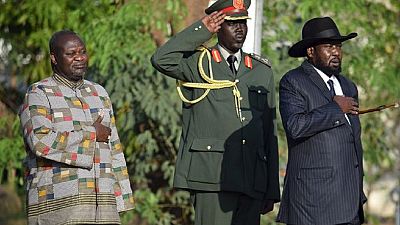

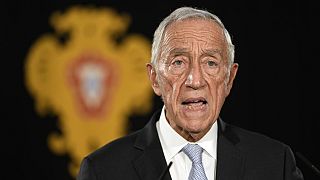
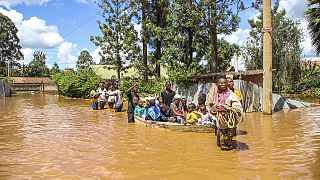
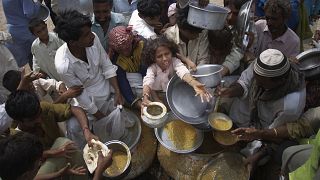
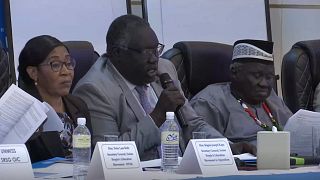
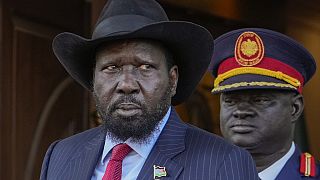
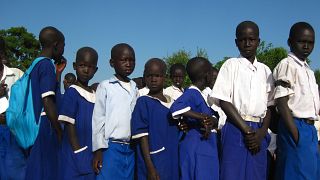
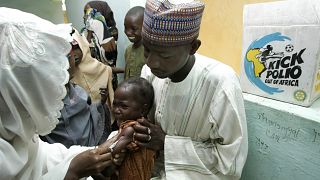
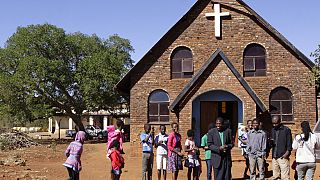
01:38
Sexual violence in conflict increased by 50% in 2023, says UN
00:39
Nigerian chess master plays for 60 hours in bid to set new world record
01:35
Sudan war fuelled by weapons from foreign actors in violation of sanctions - UN
01:02
Pics of the day: April 15, 2024
02:00
Sudan war: risk of famine looms
02:41
Lagos marks 10th anniversary of chibok kidnapping